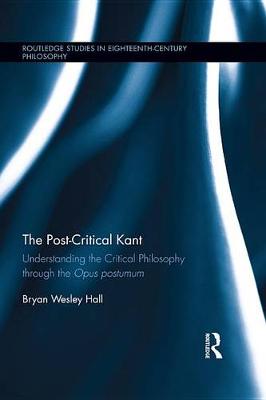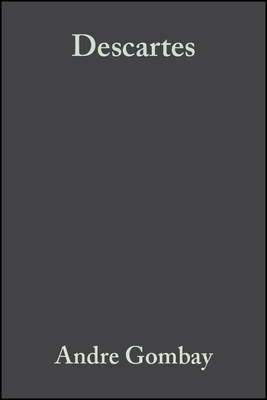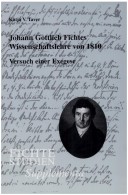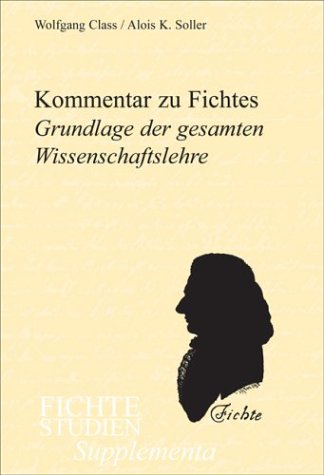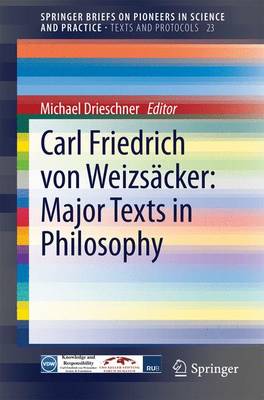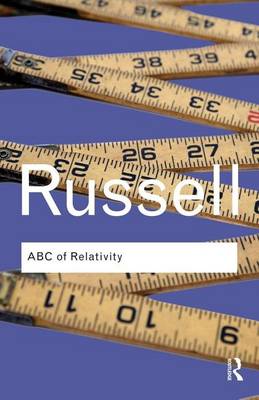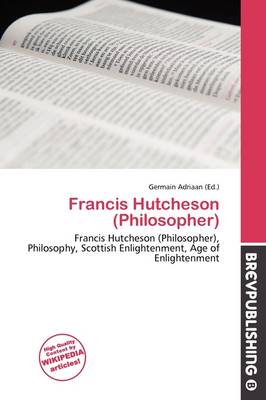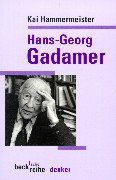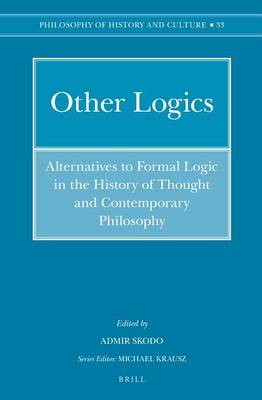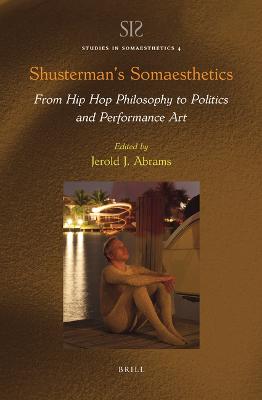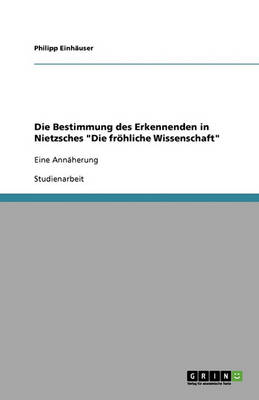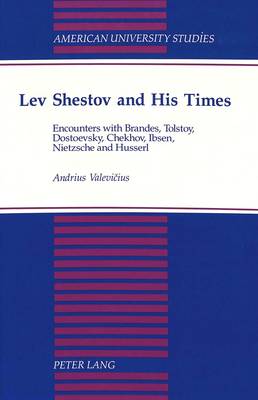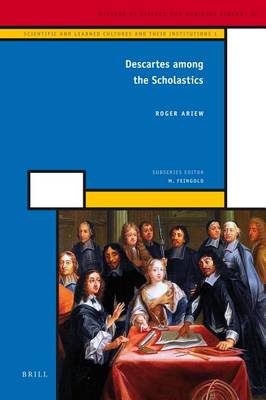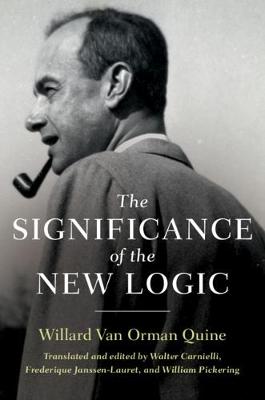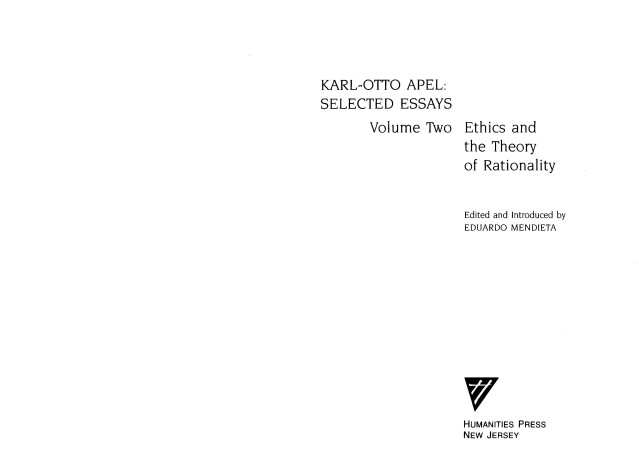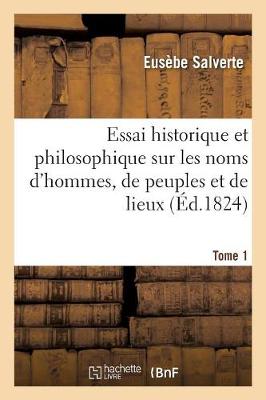The Post-Critical Kant (Routledge Studies in Eighteenth Century Philosophy, #10)
by Bryan Hall
In this book, Bryan Wesley Hall breaks new ground in Kant scholarship, exploring the gap in Kant's Critical philosophy in relation to his post-Critical work by turning to Kant's final, unpublished work, the so-called Opus Postumum. Although Kant considered this project to be the "keystone" of his philosophical efforts, it has been largely neglected by scholars. Hall argues that only by understanding the Opus Postumum can we fully comprehend both Kant's mature view as well as his Critical project...
A bold and insightful departure from related texts, Descartes goes beyond the categorical associations placed on the philosopher's ideas, and explores the subtleties of his beliefs. * An elegant, compelling and insightful introduction to Descartes' life and work. * Discusses a broad range of his most scrutinized philosophical thought, including his contributions to logic, philosophy of the mind, epistemology, metaphysics, the philosophy of science, and the philosophy of religion. * Explores th...
Johann Gottlieb Fichtes Wissenschaftslehre von 1810 (Fichte-Studien, Supplementa, #12)
by Katja Vera Taver
Kommentar zu Fichtes Grundlage der gesamten Wissenschaftslehre (Fichte-Studien, Supplementa, #19)
by Wolfgang Class and Alois K. Soller
Die "Grundlage der gesamten Wissenschaftslehre" bleibt fur den, der Fichte im philosophiegeschichtlichen Zusammenhang sehen will, der wichtigste Text; dies gilt auch dann noch, wenn die Akademie-Ausgabe abgeschlossen sein wird. Der Jenaer Fichte hat nicht nur auf seine Zeitgenossen am starksten gewirkt, er war auch seinerseits damals noch am offensten fur Einflusse. Der vorliegende Kommentar - der erste, der den gesamten deutschen Text behandelt - bietet keine Paraphrase, keine UEbersetzung in...
ABC of Relativity (Routledge Classics) ("Daily Telegraph" Talking Science)
by Bertrand Russell
Ask a dozen people to name a genius and the odds are that 'Einstein' will spring to their lips. Ask them the meaning of 'relativity' and few of them will be able to tell you what it is. The basic principles of relativity have not changed since Russell first published his lucid guide for the general reader. The ABC of Relativity is Bertrand Russell's most brilliant work of scientific popularisation. With marvellous lucidity he steers the reader who has no knowledge of maths or physics through the...
Other Logics: Alternatives to Formal Logic in the History of Thought and Contemporary Philosophy challenges the widespread idea of formal logic as inherently monolithic, universal, and ahistorical. Written by both leading and up-and-coming scholars, and edited by Admir Skodo, Other Logics offers a wide variety of historical and philosophical alternatives to this idea, all arguing that logic is a historical, concrete, and multi-dimensional phenomenon. To name a few examples, Frank Ankersmit lays...
Shusterman's Somaesthetics
This edited collection provides an in-depth and wide-ranging exploration of pragmatist philosopher Richard Shusterman's distinctive project of "somaesthetics," devoted not only to better understanding bodily experience but also to greater mastery of somatic perception, performance, and presentation. Against contemporary trends that focus narrowly on conceptual and computational thinking, Shusterman returns philosophy to what is most fundamental-the sentient, expressive, human body with its creat...
Elements of Criticism (The Thoemmes Library of eighteenth century texts, #7)
by Henry Home Kames
The power of Ludwig Wittgenstein's genius, which had such a significant effect upon the course of Western philosophy, meant that for him nothing was trivial or of secondary importance. Between 1926 and 1928, in partnership with the architect Paul Engelmann, he designed and built a house in Vienna - the Kundmanngasse - for his sister Margaret Stonborough. Although Engelmann was an experienced architect and a former pupil of Adolf Loos, Wittgenstein dominated the project and is credited with the d...
Die Bestimmung des Erkennenden in Nietzsches "Die froehliche Wissenschaft"
by Philipp Einhauser
Lev Shestov and His Times (American University Studies, Series 7: Theology & Religion, #155)
by Andrius Valevicius
Descartes Among the Scholastics (Scientific and Learned Cultures and Their Institutions)
by Roger Ariew
W. V. Quine was one of the most influential figures of twentieth-century American analytic philosophy. Although he wrote predominantly in English, in Brazil in 1942 he gave a series of lectures on logic and its philosophy in Portuguese, subsequently published as the book O Sentido da Nova Lógica. The book has never before been fully translated into English, and this volume is the first to make its content accessible to Anglophone philosophers. Quine would go on to develop revolutionary ideas abo...
Love in the Void (Plough Spiritual Guides: Backpack Classics)
by Simone Weil
Simone Weil, the great mystic and philosopher for our age, shows where anyone can find God. Why is it that Simone Weil, with her short, troubled life and confounding insights into faith and doubt, continues to speak to today's spiritual seekers? Was it her social radicalism, which led her to renounce privilege? Her ambivalence toward institutional religion? Her combination of philosophical rigor with the ardor of a mystic? Albert Camus called Simone Weil "the only great spirit of our time." A...
Les Noms d'Hommes, de Peuples Et de Lieux. T01 (Philosophie)
by Salverte-E
In this account of his thinking, Peter Marshall develops a dynamic and organic philosophy for the coming millennium which he calls liberation ecology. Liberation ecology is holistic in viewing the world as a harmonious whole and all beings and things as interwoven threads in nature's web. It recognizes intuition as the main source of knowledge, and, above all, it is libertarian in seeking to release humanity, society and nature from their existing burdens so that they can unfurl and realize toge...
